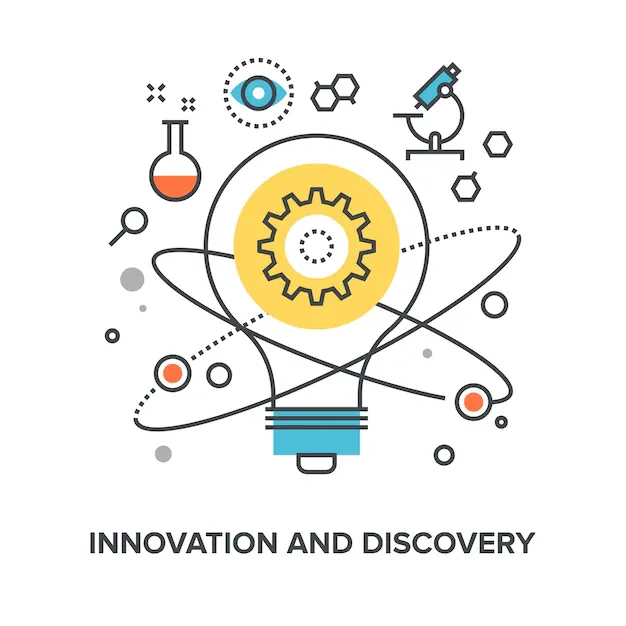If Necessity is the mother of all Inventions then Curiosity is the mother of all Discoveries.

Necessity has long been considered the mother of all inventions. When faced with a problem or need, humans have a natural inclination to come up with creative solutions in order to meet that need. This drive to find solutions to problems has led to many of the technological advancements and innovations that we take for granted today. However, while necessity may be the mother of inventions, curiosity is the mother of all discoveries. Without the desire to explore and learn more about the world around us, many of the great scientific and technological advancements that we have made would not have been possible. Curiosity is what drives us to ask questions, to seek out new information, and to push the boundaries of what we think is possible. It is the engine of progress, fueling our desire to learn more about the world and to discover new things. From the earliest days of human history, curiosity has been a driving force behind many of the greatest discoveries and inventions. It was curiosity that led the ancient Greeks to develop the first philosophical and scientific theories, and it was curiosity that led Galileo to discover the moons of Jupiter. In the modern world, curiosity continues to play a vital role in driving scientific progress. It is the curiosity of scientists and researchers that leads them to explore new fields of study, to develop new technologies, and to make new discoveries. Without curiosity, we would be stuck in a state of stagnation, unable to make the leaps forward that are necessary to advance as a society. It is only by embracing our innate desire to learn and discover that we can continue to make the kinds of breakthroughs that have made such a profound impact on our world. One example of the role of curiosity in driving scientific discovery can be seen in the life and work of Albert Einstein. Einstein was famously curious about the nature of the universe, and his curiosity led him to develop the theory of relativity, which has had a profound impact on our understanding of space and time. Another example can be seen in the field of medicine. Medical researchers are constantly driven by their curiosity to learn more about the human body and to find new ways to treat and prevent diseases. This curiosity has led to many important medical breakthroughs, such as the development of antibiotics and the discovery of the structure of DNA. In the realm of technology, curiosity has also played a key role in driving progress. Steve Jobs, the co-founder of Apple, was known for his insatiable curiosity and his desire to constantly push the boundaries of what was possible. This curiosity led to many of the technological innovations that we take for granted today, such as the development of the personal computer and the creation of the iPhone. Overall, these examples illustrate the vital role that curiosity plays in driving scientific and technological progress. Without the desire to explore and learn more about the world, many of the great advancements of human history would not have been possible. It is only by embracing our natural curiosity that we can continue to make the kinds of breakthroughs that will shape our future. In conclusion, while necessity may be the mother of inventions, it is curiosity that is the mother of all discoveries. Without the drive to explore and learn more about the world around us, many of the great advancements of human history would not have been possible. It is only by nurturing our natural curiosity that we can continue to make the kinds of breakthroughs that will shape our future.
Krish Gohil
